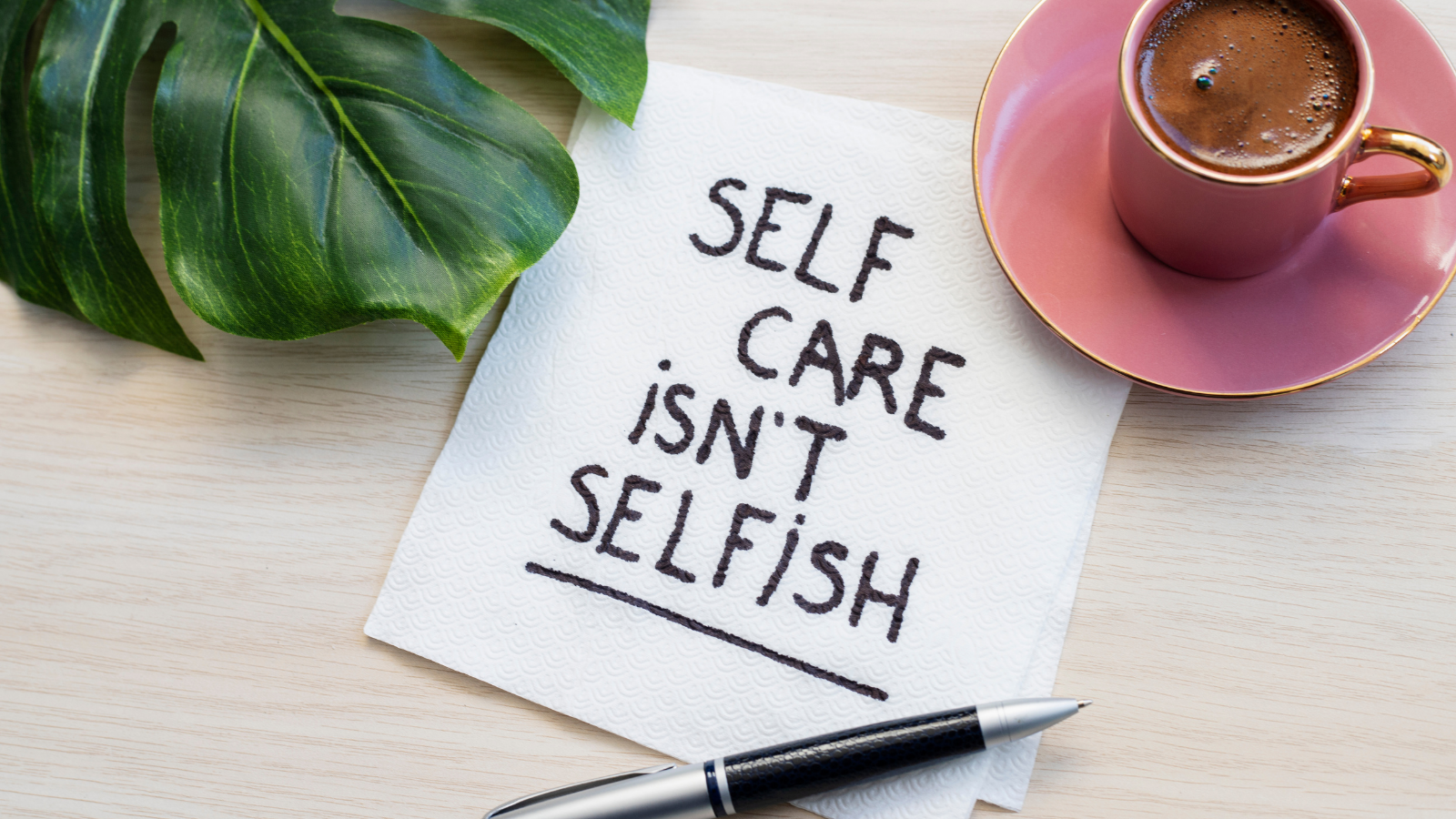Taking care of your own health and wellbeing is often not a priority when you are busy looking after someone else’s needs, but ensuring you’re living a healthy and happy life is not only important for you – it also helps the person you care for.
One of our Psychological Therapists has now shared a few tips for taking care of yourself while helping to care for someone else.
Give yourself permission
It’s very easy to prioritise the needs of your family or others ahead of your own wellbeing. However, taking time for yourself is not selfish, it’s an important part of staying well, recovering energy and being able to be there when others need you.
Giving yourself permission to take some time out is an important step towards becoming more caring towards yourself. Start by giving yourself 10 minutes each day to stop, take a breath, have a cup of tea, do a crossword, or something else you enjoy – as long as it’s something just for you.
Invest in relationships
Many carers find friendships and other relationships are difficult to build and maintain, and old friends may seem to disappear when caring responsibilities are prioritised. But it is so important to take time to maintain and build relationships, so that you don’t feel lonely and isolated.
Try to take a small amount of time each week for you to connect with others, whether that be in online groups and forums, a telephone or video call, at a club or social event or why not try a local befriending service?
If you have a partner, set some time aside each week for a ‘date night’, watch a film or have a meal together. Take some time to talk to each other and share your thoughts, feelings and problems.
Maintain your own interests and hobbies
When you’re caring for someone else, it’s often easy to lose interest in your own hobbies or passions and taking the time for your usual leisure activities can lead to feelings of guilt.
It’s important to maintain your own interests, however, so why not pop on some of your favourite music, read a book, play with the dog, bake a cake or try starting something new? Crafting, knitting and crochet, for example, all have a positive impact on your state of mind and wellbeing, they don’t cost much and can be done without leaving the house.
Get some sleep
It sounds simple but it’s not always easy to get enough regular, quality sleep – and that can have a major impact on your overall wellbeing and ability to cope with life’s challenges.
Try to make your environment conducive to sleep; switch off or block electrical items with LED lights, shut your window and curtains to block out sound and light and try making your room cooler rather than warmer. Try to establish a good sleep routine too by giving yourself time before bed to unwind and prepare for your night’s sleep. Avoid checking your phone and other stimulating activities before bed too.
If you’re still struggling, why not try some breathing exercises, mindfulness or meditation? You can find a few of our relaxation and mindfulness exercises here.
Ask for help
Knowing when to ask for help can be difficult, especially when you’re the one used to doing the helping! Asking for help can sometimes feel like you’ve failed or you may even worry that others are more deserving, but understanding your own limitations and being realistic with what you can achieve is important for your own wellbeing and that of the person you care for.
Ask for practical help from friends or family, perhaps with the shopping or some gardening – it’s a good way of staying connected too.
There are many organisations available to offer practical help and advice with money, work or the law – reach out to them to see what help is out there for you to access. Talking therapies like counselling can be useful to share your thoughts and feelings with a trained professional without judgement too.
If you’re really struggling, perhaps feeling depressed or anxious, contacting your GP is an important first step.
If you feel you’d benefit from our support, call our Support Line on 0800 389 8820, make an enquiry online or visit the ‘Access Support’ tab at the top of the My Fire Fighters Charity homepage.
You can also read more about other ways we could help you here.
First published: June 2022
Updated: June 2023




